The New Jersey Marriage License Application Form is a crucial legal document ensuring that all marriage prerequisites are met; It is typically completed online or in-office at the local registrar, requiring accurate personal and residency details to proceed seamlessly․
1․1 Overview of the Marriage License Application Process
The marriage license application process in New Jersey involves several key steps․ First, couples must gather required documents, including identification and, if applicable, divorce or death certificates․ They then complete the application form, which can often be done online or in person at the local registrar’s office․ Following submission, there may be a waiting period before the license is issued․ Once obtained, the license must be used within a specified timeframe, typically valid for a certain number of days․ The process ensures that all legal prerequisites are met for the marriage to be officially recognized․
1․2 Importance of the Application Form
The New Jersey Marriage License Application Form is essential for validating a marriage legally․ It ensures all eligibility criteria are met, including age, residency, and consent․ The form also serves as an official record, preventing potential legal issues post-marriage․ Accurate completion guarantees the marriage is recognized by the state, making it a critical step in formalizing the union․
Eligibility Criteria for Applying
Applicants must be at least 18 years old, with minors requiring court or parental consent․ Residency requirements apply, and the marriage must comply with New Jersey laws․
2․1 Age Requirements for Marriage in New Jersey
In New Jersey, individuals must be at least 18 years old to marry without consent․ Minors under 18 require court approval or parental consent․ The state allows same-sex marriages, ensuring equality for all couples․
2․2 Residency Requirements
At least one party must be a New Jersey resident to apply for a marriage license in the state․ Non-residents can obtain a license if the ceremony will take place in New Jersey․ The application is typically submitted to the local registrar in the municipality where the wedding will occur․
2․3 Prohibited Marriages in New Jersey
In New Jersey, certain marriages are prohibited, including those between close blood relatives and individuals with mental incapacities․ Additionally, marriages involving minors under 18 without court or parental consent are not permitted․ The state also prohibits bigamous or polygamous marriages․ All applications are reviewed to ensure compliance with these legal restrictions to validate the marriage legally․
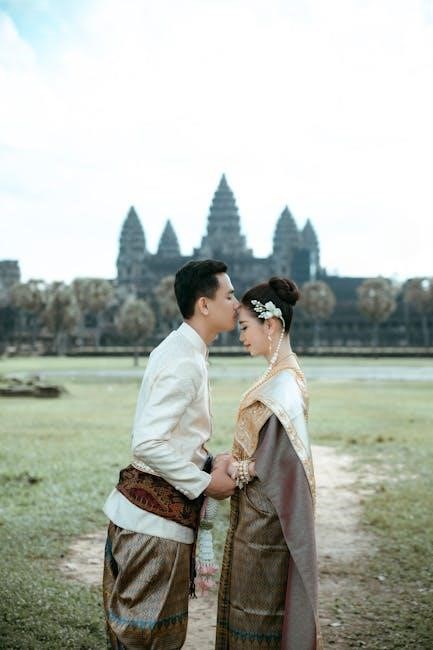
Required Documents for the Application
The application requires valid identification, such as a driver’s license or passport, and a birth certificate․ Additional documents like divorce decrees or death certificates may be needed if applicable․
3․1 Identification Documents (ID, Birth Certificate, etc․)
Applicants must provide valid identification documents, such as a driver’s license, passport, or state ID․ A birth certificate is also required to verify age and identity․ Ensure all documents are up-to-date and legible, as they will be reviewed by the local registrar․
3․2 Divorce or Death Certificates (if applicable)
If either party has been previously married, a divorce decree or death certificate must be submitted․ These documents must be original or certified copies to validate the end of the prior marriage․ This step ensures legal clearance for the new marriage and prevents delays in processing the application․
3․2 Other Supporting Documents
In addition to identification and marriage-related documents, applicants may need to provide name change orders, Social Security cards, or court-ordered documents․ These are required to verify identity, residency, or legal status․ Ensure all documents are valid and up-to-date, as incomplete or expired paperwork can delay the application process․
Original or certified copies are typically accepted․
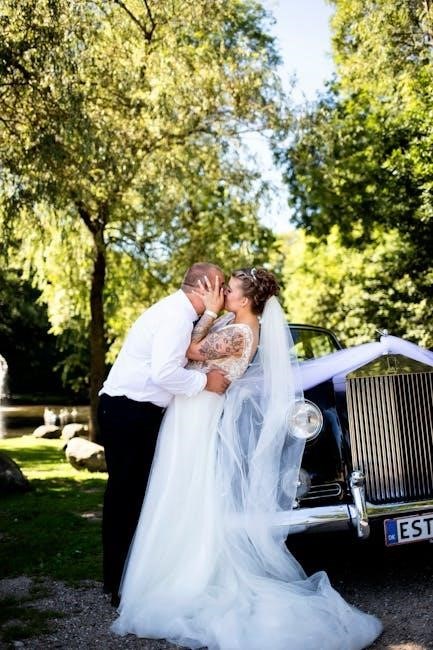
Application Process
The New Jersey Marriage License Application Process involves completing the form online or in-office, requiring personal and residency details, and submission with both parties present․ Necessary documentation must also be provided for approval․
4․1 How to Obtain the Application Form
The New Jersey Marriage License Application Form can be obtained online or in person at the local registrar’s office․ Applicants can download it from the official website or request it directly; Ensure you have the correct version and gather all required documents beforehand to avoid delays․
4․2 Completing the Application Form

Complete the New Jersey Marriage License Application Form accurately, providing personal and residency details․ Ensure all information is correct, as errors may delay processing․ Both applicants typically must fill it out together, verifying the accuracy of the provided data․ Review the form thoroughly before submission to avoid any issues․
4․3 Submitting the Application
Once completed, the application must be submitted to the local registrar in the municipality where the marriage will take place․ Ensure all required fields are filled accurately to avoid delays․ Submission can often be done online or in-person, depending on the county․ After submission, the application will be reviewed, and the marriage license will be issued if all requirements are met․
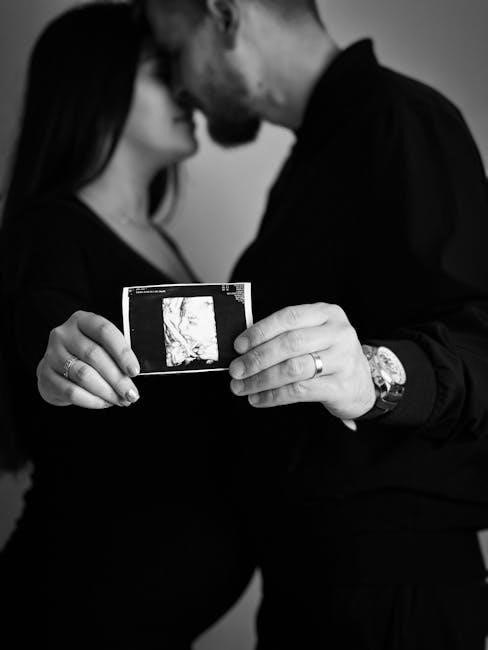
Fees and Payment Methods
The marriage license fee in New Jersey is $28․ Accepted payment methods include cash, check, or credit cards․ Fees are non-refundable once the application is processed․
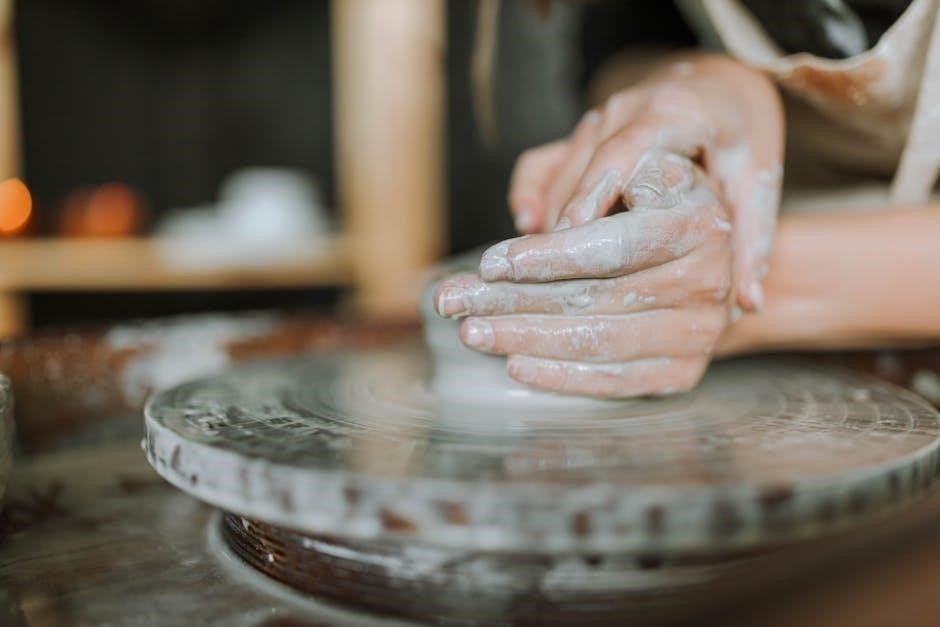
5․1 Marriage License Fee in New Jersey
The marriage license fee in New Jersey is currently $28․ This fee is non-refundable and must be paid when submitting the application․ It covers the cost of processing the license and is a mandatory step in obtaining the document․ Payment methods typically include cash, check, or credit cards, though options may vary by location․ Verify acceptable payment methods with the local registrar before applying․
5․2 Accepted Payment Methods
The marriage license fee in New Jersey can be paid using cash, check, or credit cards․ Payment methods may vary depending on the local registrar’s office․ It is recommended to verify accepted payment options beforehand to ensure a smooth application process․ This step is essential for completing the marriage license application․
Waiting Period and Validity
New Jersey does not have a waiting period for marriage licenses․ The license is valid for 30 days after issuance, allowing couples to marry within that timeframe․
6․1 Waiting Period After Application
New Jersey does not impose a waiting period after submitting the marriage license application․ Couples can marry immediately once the license is issued, making the process efficient and straightforward for those planning their wedding․
6․2 Validity Period of the Marriage License

A New Jersey marriage license is valid for 6 months from the date of issuance․ Couples must marry within this timeframe; otherwise, they will need to reapply․ Once the ceremony is performed, the marriage certificate remains valid indefinitely, serving as legal proof of marriage for all official purposes․
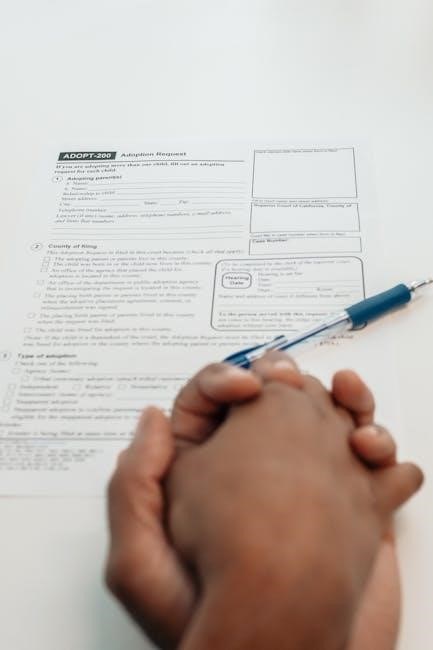
Marriage Ceremony Requirements
A marriage ceremony in New Jersey requires an officiant and two witnesses․ The ceremony must comply with state laws and be performed within the license’s validity period․
7․1 Who Can Officiate a Marriage in New Jersey
In New Jersey, ordained ministers, judges, magistrates, and mayors are authorized to officiate weddings․ The officiant must be legally recognized by the state to perform the ceremony, ensuring its validity under New Jersey law․
7․2 Witnesses Required
In New Jersey, a marriage ceremony requires at least two witnesses who are at least 18 years old․ These witnesses must be present to observe the exchange of vows and sign the marriage certificate, ensuring the legality and validity of the union under state law․

Obtaining the Marriage Certificate
After the ceremony, the officiant files the completed marriage certificate with the local registrar․ Couples can then obtain a certified copy, which is essential for legal and administrative purposes․
8․1 How to Get the Marriage Certificate
To obtain a marriage certificate, couples must ensure the completed marriage license is filed with the local registrar by the officiant․ After processing, certified copies can be requested online, by mail, or in person, typically within a few weeks․ This document is essential for legal name changes, benefits, and official records․
8․2 Importance of the Marriage Certificate
The marriage certificate serves as a vital document proving marital status, essential for legal name changes, insurance claims, and government services․ It is required for Social Security updates, property rights, and benefits․ Certified copies are often needed for official purposes, ensuring legal recognition of the marriage and its associated rights and responsibilities․
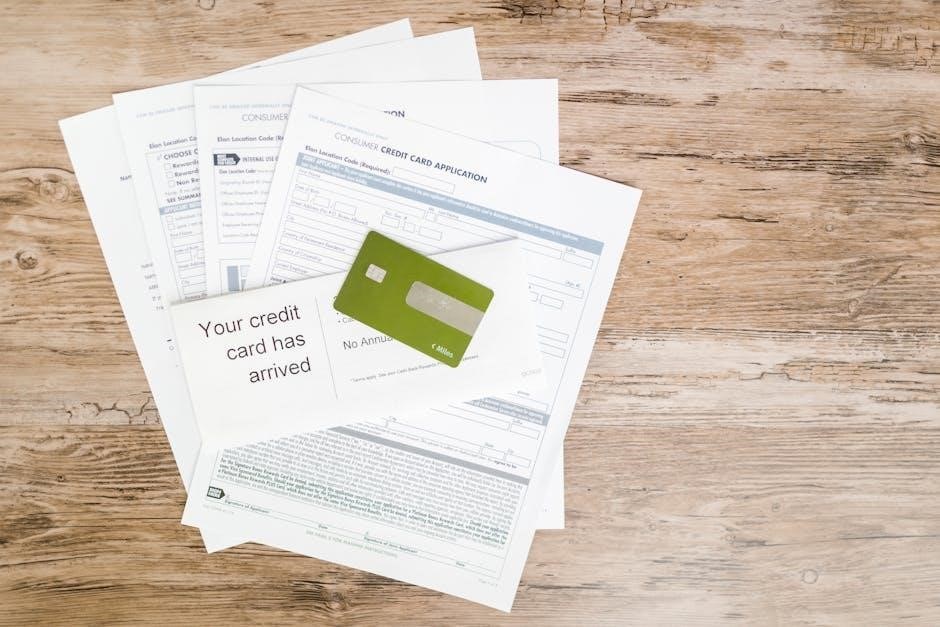
Legal Implications and Name Changes
Marriage grants legal rights, including joint ownership and inheritance․ Name changes post-marriage require updating Social Security and government records, ensuring all documents reflect the new legal status accurately․
9․1 Legal Rights After Marriage
After marriage, both spouses gain joint legal rights, including inheritance, property ownership, and medical decision-making authority․ These rights are automatically granted and apply equally to all married couples in New Jersey, ensuring legal protection and equality for both partners․
9․2 Name Change Process After Marriage
After marriage, name changes in New Jersey require updating identification documents․ Begin by obtaining a certified marriage certificate, then visit the Social Security Administration for a name change application․ Finally, update your name with the DMV for a new driver’s license; This process ensures all legal records reflect the new name accurately․
Special Cases and Considerations
Special cases include minors requiring parental consent and same-sex marriages, which are legally recognized in New Jersey․ Unique circumstances may require additional documentation or legal approvals․
10․1 Marriage Between Minors
In New Jersey, minors aged 16 and 17 can marry with parental consent, while those under 16 require New Jersey has legally recognized same-sex marriages since 2013, offering equal rights to all couples․ The marriage license application process is identical for same-sex and opposite-sex couples, requiring the same documentation and meeting the same eligibility criteria․ This ensures equality and simplicity for all applicants in obtaining a marriage license․ Common mistakes include errors in the application form, missing required documents, or providing inaccurate information․ Ensure all details are correct to avoid delays in processing the license․ One of the most common mistakes is providing inaccurate or incomplete information on the application form․ Typos, missing fields, or incorrect dates can lead to delays or rejection of the application․ Ensure all details, such as names, addresses, and previous marriage information, are accurate and complete before submission․ Double-checking the form for spelling errors and ensuring all required fields are filled out correctly can prevent unnecessary setbacks․ Incomplete applications may result in processing delays, so it’s crucial to review the form thoroughly before submitting it to the registrar․ Failing to provide required documents, such as identification, divorce decrees, or birth certificates, can delay the application process․ Ensure all necessary paperwork is complete and submitted with the form to avoid complications․ If any documents are missing, the application may be rejected or processing halted․ Always review the application checklist and confirm all materials are included before submission․ Once the application is complete, schedule the ceremony and ensure the officiant returns the signed license․ Plan the wedding details, confirm all arrangements, and prepare for the celebration․ After submitting the application and paying the fee, couples must attend an interview with the registrar․ The license is issued within 72 hours, valid for six months․ Ensure the officiant returns the signed license within five days post-ceremony for official recording․ Once the marriage license is secured, couples can focus on planning the ceremony․ Choose a venue, select an officiant, and organize details like decorations, attire, and guest lists․ Ensure the officiant is authorized in New Jersey and that all legal requirements are met for a valid ceremony․ The New Jersey Marriage License Application Form is a vital step in legitimizing your union․ Ensure all details are accurate and requirements are met for a smooth process․ The New Jersey Marriage License Application Form process involves obtaining and completing the form, submitting it with required documents, and paying the fee․ After a mandatory waiting period, the license is issued, valid for 30 days․ The ceremony must be performed by an authorized officiant, and the completed license is returned for certification․ Ensure all documents are accurate and complete to avoid delays․ Verify residency and age requirements beforehand․ Double-check the application for errors before submission․ Understand the waiting period and plan accordingly․ Keep copies of all documents for your records․ Seek assistance if unsure about any step, and start the process early to ensure a stress-free experience․10․2 Same-Sex Marriages in New Jersey
Common Mistakes to Avoid
11․1 Errors in the Application Form
11․2 Missing Documents or Information
Final Steps and Next Actions
12․1 Completing the Application Process
12․2 Planning the Wedding Ceremony
13․1 Summary of the Application Process
13․2 Final Tips for a Smooth Application